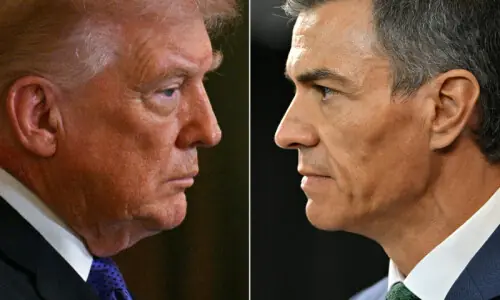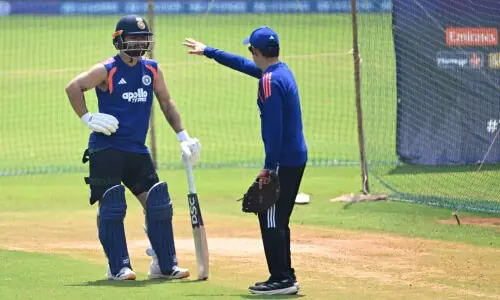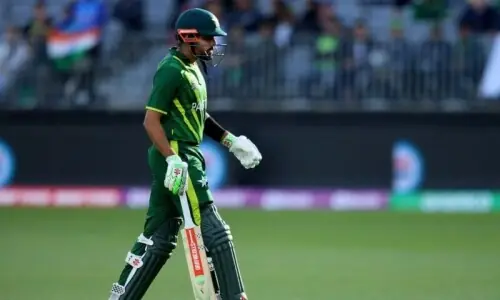ISLAMABAD: Pakistan seems to have failed to seal the deal for the purchase of eight F-16 fighter jets from the United States following a row over financing.
The Pakistani government was required to provide the Letter of Acceptance for purchase of the jets by May 24, but a diplomatic source revealed that the document was not issued leading to expiry of the offer. “Pakistan decided not to fully fund the case with national funds, so the terms of sale have now expired,” the source told Dawn.
Initially, the $699 million deal for eight F-16C/D Block-52 multi-role fighters (2 C and 6 D models), was to be partially financed through the US Foreign Military Financing (FMF) programme, but Congress disallowed subsidising the sale over concerns that Pakistan had not done enough to end the Haqqani network’s sanctuaries on its soil as well as fears about Islamabad’s nuclear programme, particularly tactical weapons and the intermediate range Shaheen III missile.
Pakistan, which expected to get the fighters at the subsidised rate of $270 million, was subsequently asked by the US administration to make the full payment for the eight aircraft from its national resources. This was not acceptable to Pakistani authorities, who remained adamant that the offer must come without any preconditions.
The aircraft were required by Pakistan Air Force (PAF) for counter-insurgency and counter-terrorism operations. The additional jets would have enhanced the PAF’s capacity to sustain counter-terrorism operations by increasing aircraft availability and providing training opportunities for pilots transitioning to the Block-52 version. Furthermore, the aircraft would have come with ‘all-weather, non-daylight environments and self-defence/area suppression capability’.
It was unclear why Pakistan missed the opportunity despite pressing requirement for the jets, although it had originally desired to acquire 18 F-16s.
Some quarters believe that providing the Letter of Acceptance would have kept the window open for re-negotiating the financing arrangement at a later stage.
Pakistan’s Ambassador to US Jalil Abbas Jilani, talking to Dawn via phone from Washington, said “a dead-end has not been reached as yet”.
Adviser on Foreign Affairs Sartaj Aziz said last month that Pakistan could look to buy the aircraft from some other country if the deal did not go ahead. Analysts believe Islamabad could consider Russian or Chinese fighters to meet its defence requirements.
Meanwhile, negotiations are also continuing with TUSAS Turkish Aerospace Industries (TAI) for the upgrade of 74 F-16 fighters currently serving in the PAF fleet. A Turkish team is due in Islamabad in July to continue discussions on the project. US consent would be required for the deal to materialise.
TAI had, under a 2009 agreement, previously upgraded 41 PAF aircraft to Block-52 standard. The last of the upgraded fighters were handed over to PAF in September 2014.
US had provided the needed parts, materials and technical data to TUSAS to upgrade the PAF jets.
Published in Dawn, May 28th, 2016



































